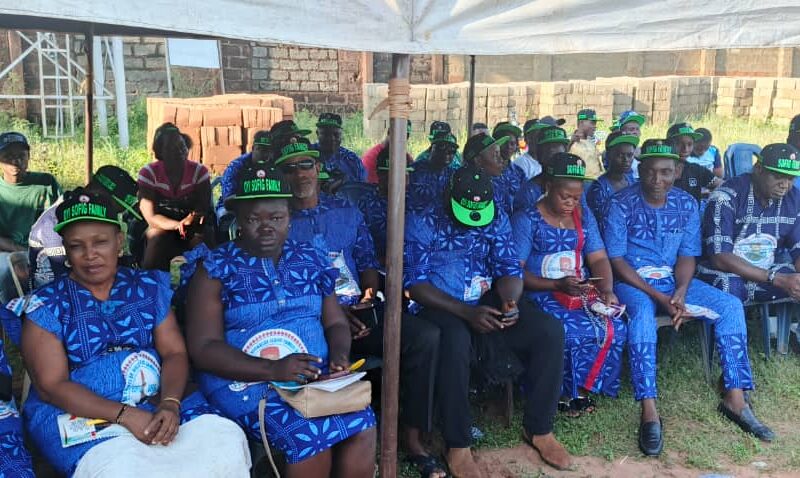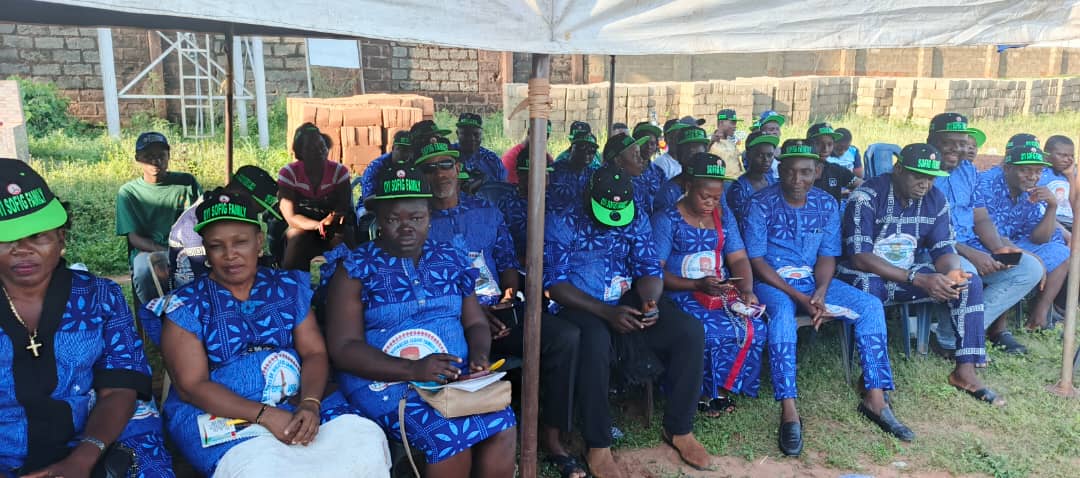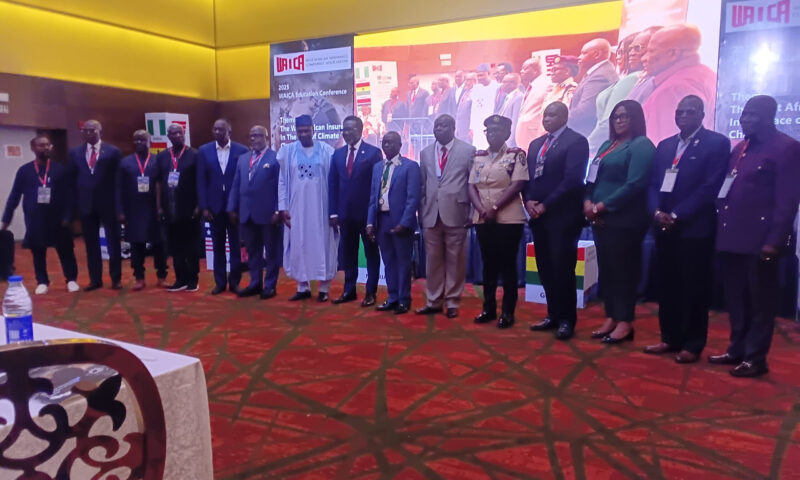FITC Collaborates With NIBSS To Tackle Fraud In Financial Sector
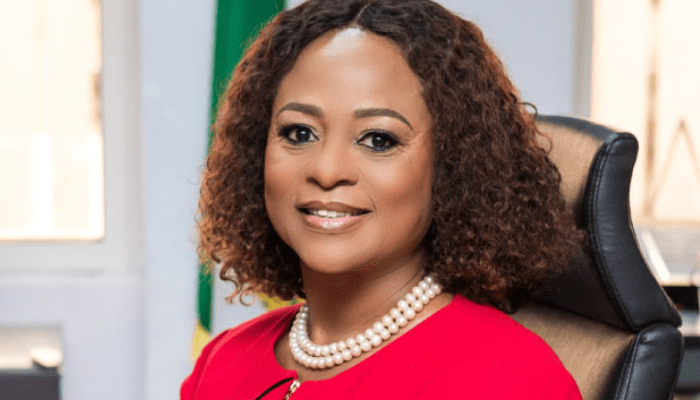 By Winifred Bosa
By Winifred Bosa
In a statement released to the media, FITC stated that the theme for this year’s event, titled “Securing Tomorrow: Cyber Resilience, Intelligent Defense and the Architecture of Trust in a Borderless World’ will commence on October 22nd, 2025, at the Four Points by Sheraton, Victoria Island, Lagos.
Dr. Chizor Malize, MD/CEO of FITC said, “Cybercrime has become one of the most urgent threats facing Africa’s digital economy. From sophisticated fraud schemes in the financial services sector to cross-border ransomware attacks on governments and businesses, the cost of cyber insecurity is mounting at an alarming pace.”
In response, she revealed that FITC, Africa’s foremost knowledge and innovation-led institution, in partnership with the Nigeria Inter-Bank Settlement System (NIBSS), will be hosting this year’s conference.
This year’s theme, “Securing Tomorrow: Cyber Resilience, Intelligent Defense and the Architecture of Trust in a Borderless World,” reflects the critical need to strengthen Africa’s cyber defenses as digital transformation accelerates across every sector, she said.
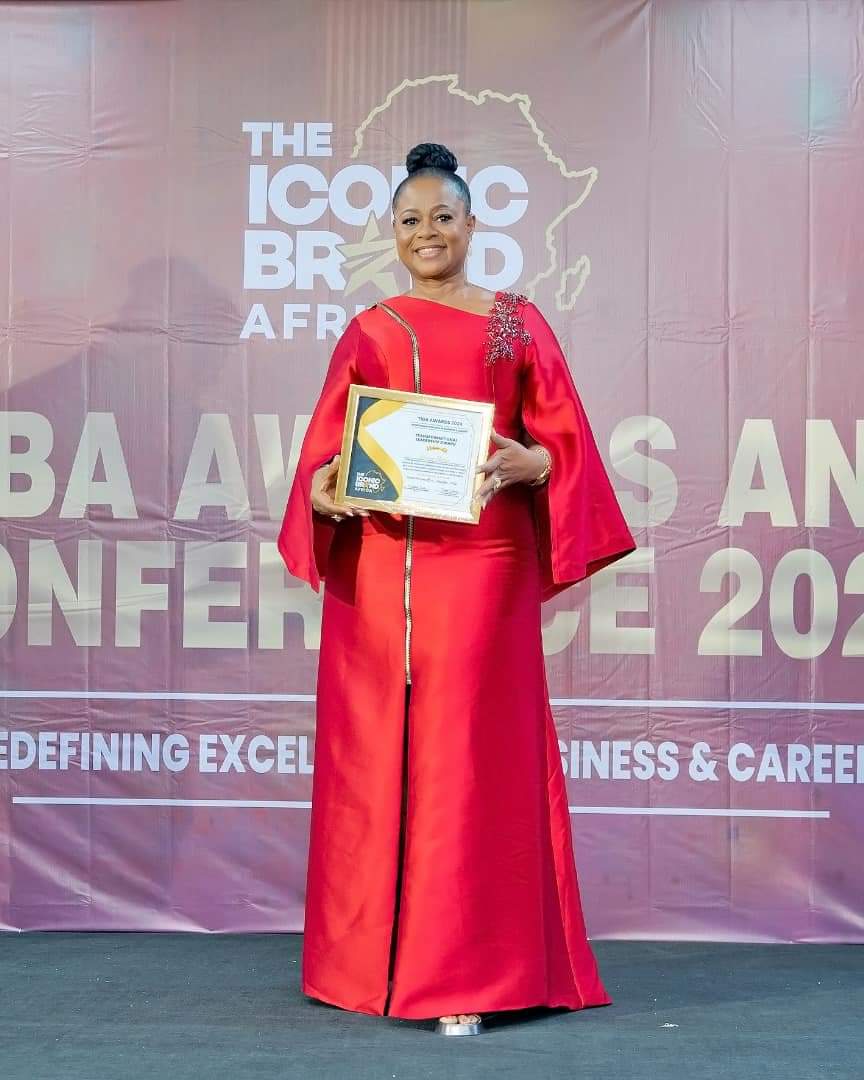
The African digital economy is experiencing an unprecedented surge. Mobile payments, blockchain adoption, digital lending, and cross-border e-commerce are reshaping the financial and commercial landscape. Yet, this rapid expansion has come with staggering risks. According to the African Union’s Cybersecurity Outlook 2024, cybercrime costs the continent an estimated $4 billion annually, with Nigeria, Kenya, and South Africa accounting for more than half of the losses.
Criminals are shifting from high-volume attacks to precision-targeted strikes that exploit systemic vulnerabilities. In Nigeria alone, industry reports reveal multi-billion-naira losses linked to phishing, insider collusion, ransomware, and large-scale fraud schemes that directly undermine trust in financial services.
“As Africa moves boldly into the digital age, its economic future depends on one word — trust,” adding that “ThinkNnovation 2025 is not just another conference; it is a platform for urgent dialogue and concrete action. We must design cyber resilience into every layer of our systems — payments, identity, regulation, and infrastructure — if Africa is to secure its digital tomorrow.”
The ThinkNnovation Cybersecurity Conference 2025 is designed as a response platform, bringing together regulators, CIOs, CISOs, CROs, bank executives, fintech founders, policymakers, and international experts to confront the continent’s most pressing cybersecurity challenges.
Unlike generic tech events, ThinkNnovation is structured as a solution-driven convening, with sessions curated to foster actionable strategies, policy frameworks, and collaborative defenses. Delegates will engage through high-level keynotes, dynamic plenary discussions, investigative panels, and simulation exercises that replicate real-world attack scenarios on financial networks.
The conference programme will spotlight urgent themes at the intersection of security, trust, and digital growth, including: The New Face of Financial Crime – Moving from fraud volume to fraud value, and how institutions can adapt defenses.
Others are Zero Trust in Practice – Applying zero trust principles across payments, digital identity, and authentication systems, Cybersecurity & Regulation – Smart oversight as a pathway to systemic stability, the Human Factor – Insider threats, workforce readiness, and cultivating a security-first culture, the Global Lens – Insights from global breaches and lessons for Africa’s financial ecosystem, and Emerging Risks – AI-driven threats, deepfakes, and the vulnerabilities of next-gen technologies.
The central thesis of ThinkNnovation is that cyber resilience cannot be achieved in isolation. Across Africa, the financial ecosystem has become deeply interconnected, with banks, fintechs, regulators, telcos, and governments increasingly reliant on shared infrastructure and digital platforms. In this environment, the actions—or inactions—of one institution can have ripple effects across entire markets.
Over the years, institutions such as the Nigeria Inter-Bank Settlement System (NIBSS) have played a pivotal role in fostering collective defenses and standardizing frameworks that enable safer, more efficient digital transactions across the financial services industry. These efforts underscore a growing recognition that fragmented approaches are no longer sufficient in the face of cybercriminal networks that are global, coordinated, and constantly evolving.
The ThinkNnovation Cybersecurity Conference 2025 builds on this momentum by providing a neutral platform for dialogue, knowledge exchange, and collaboration. It is designed to enable stakeholders to move beyond conversations and toward practical solutions—whether through the development of joint cybersecurity frameworks, the issuance of policy communiqués, or the creation of new public-private partnerships.



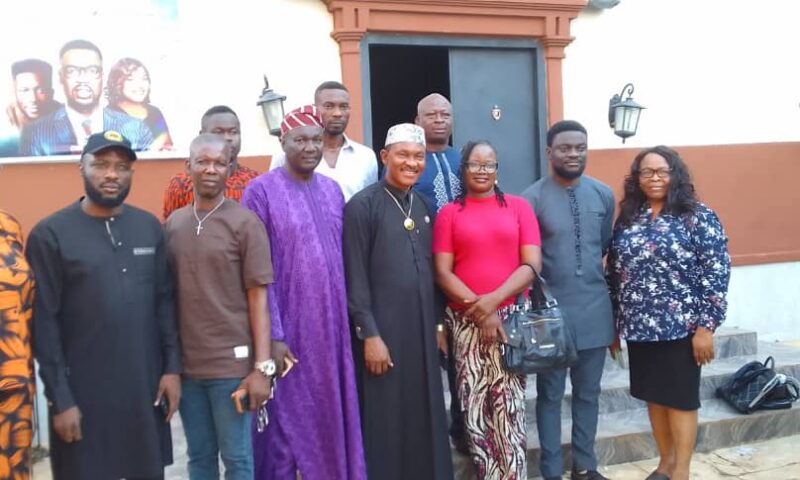
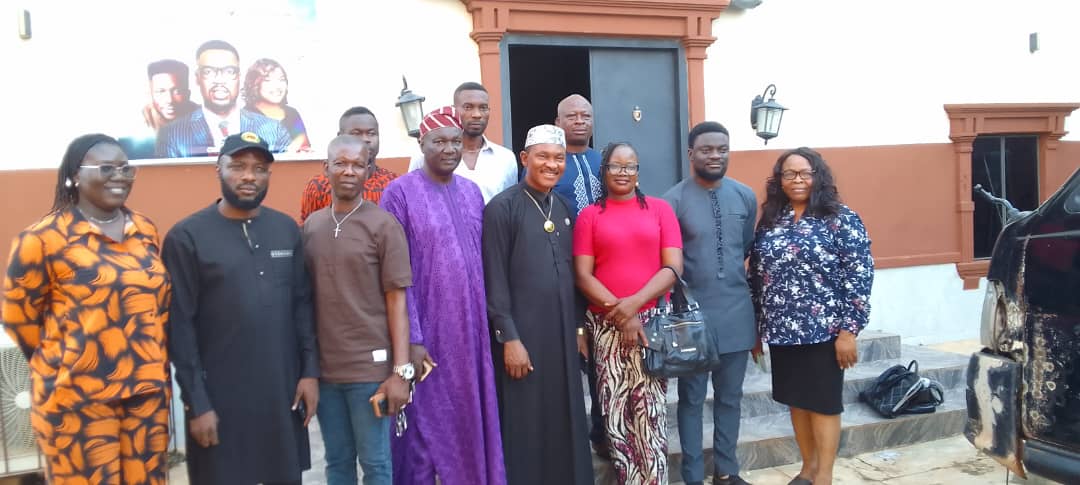
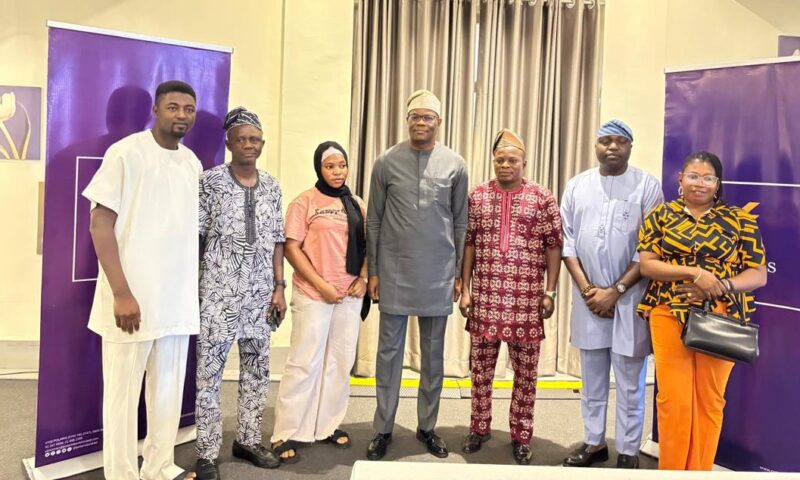
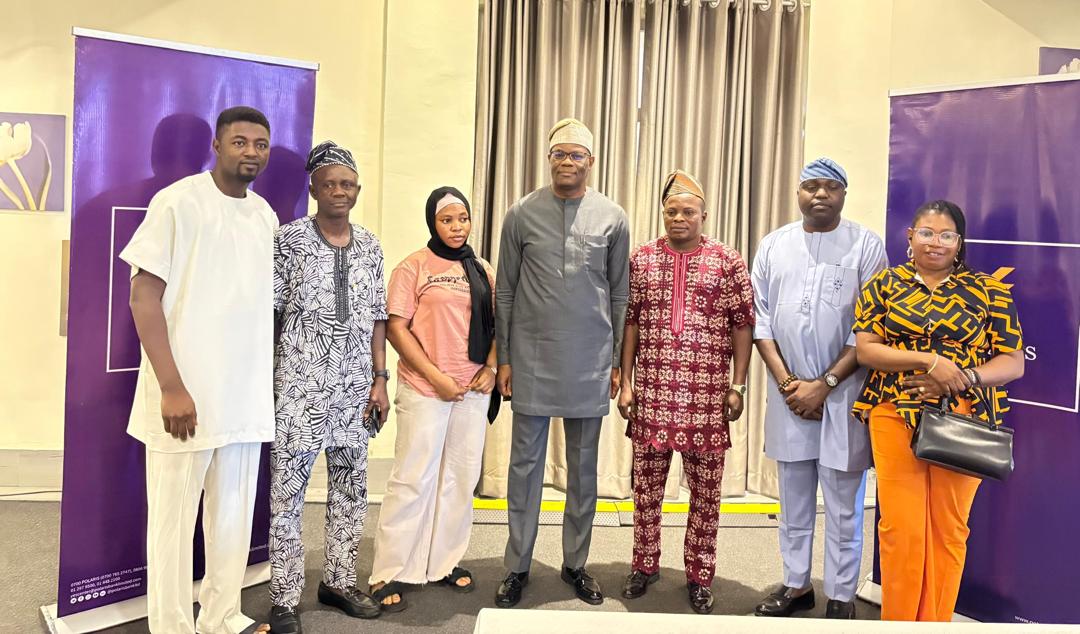
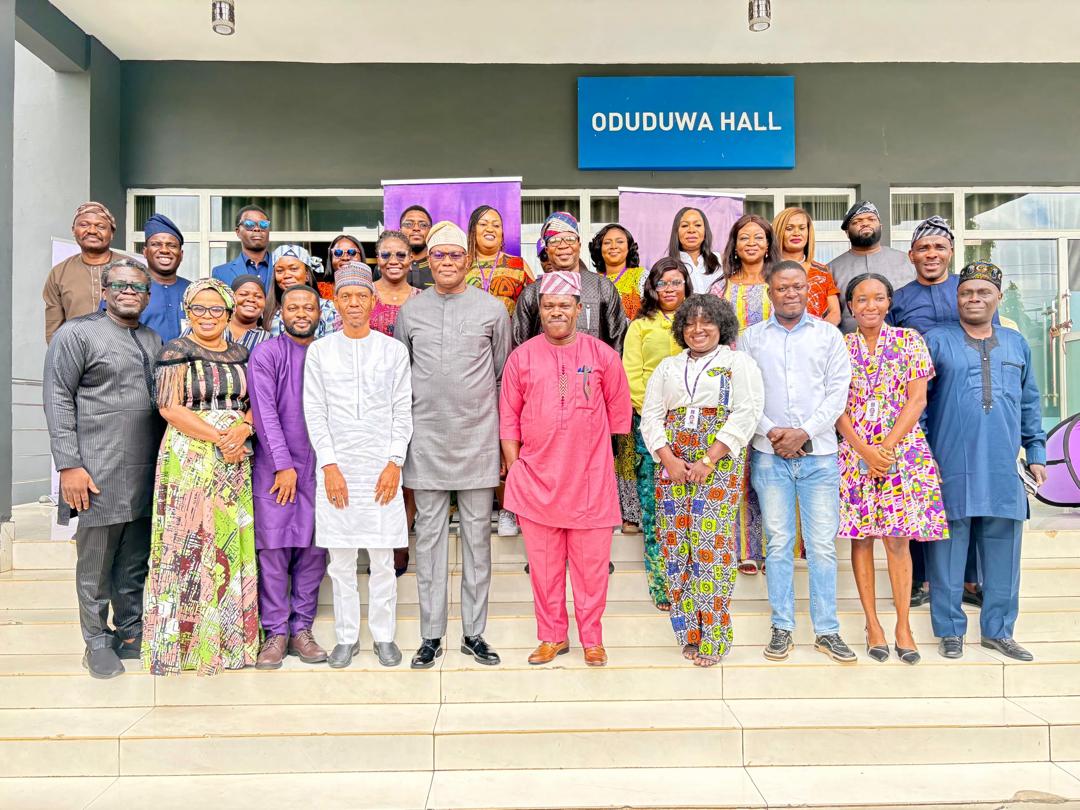
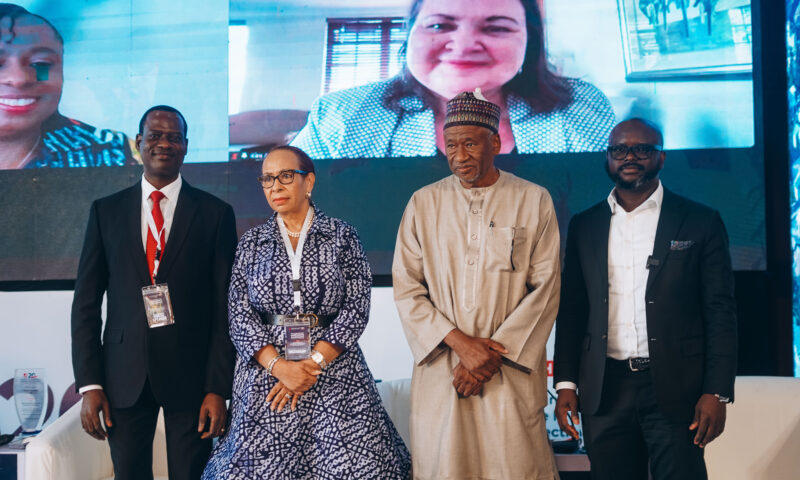
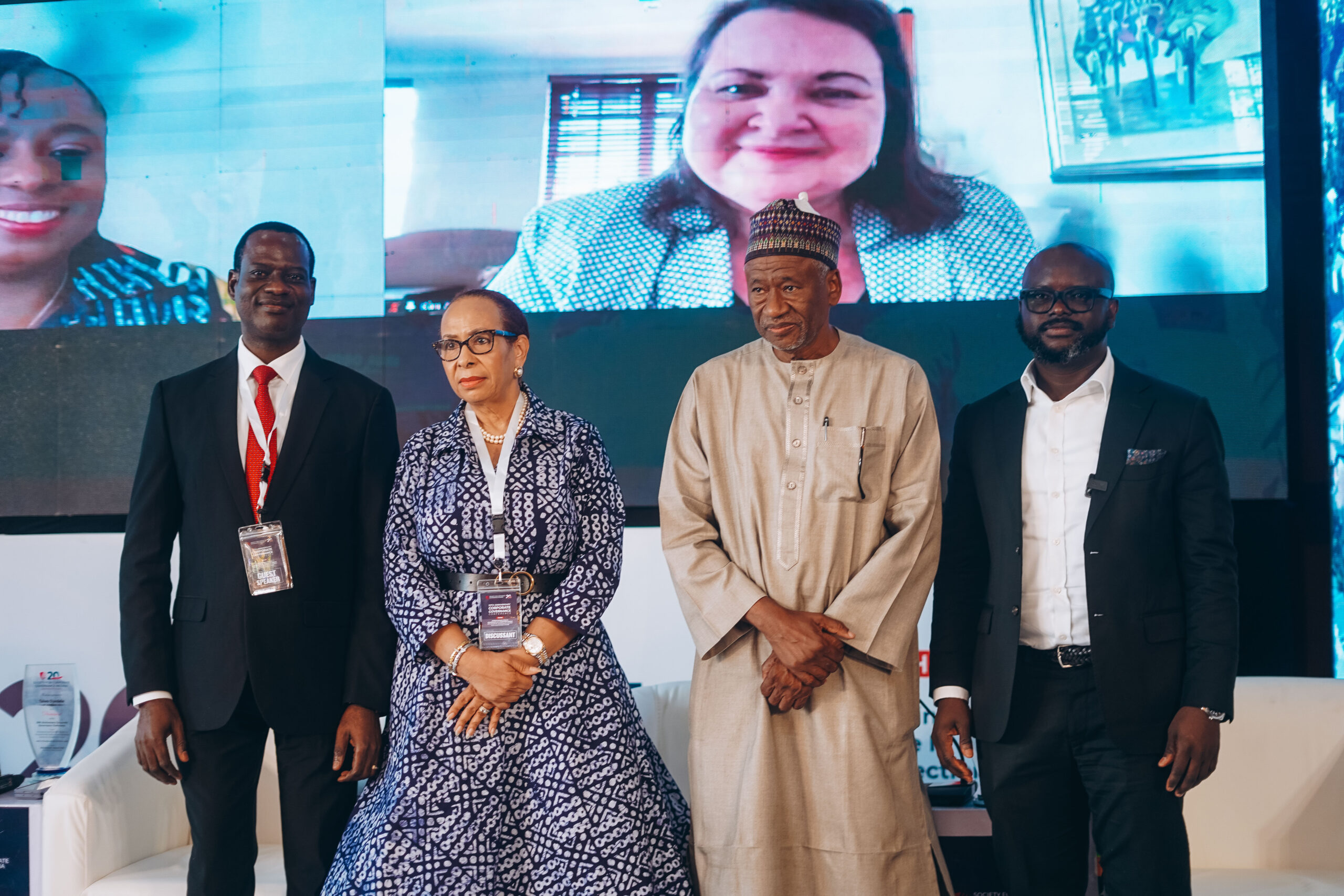
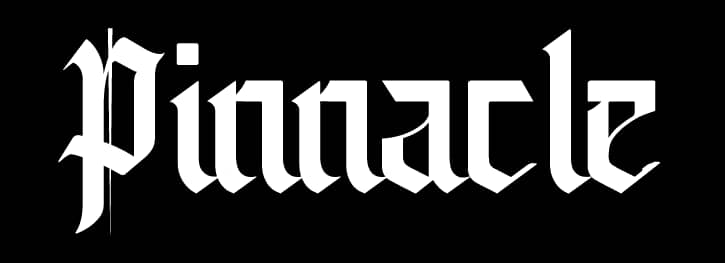
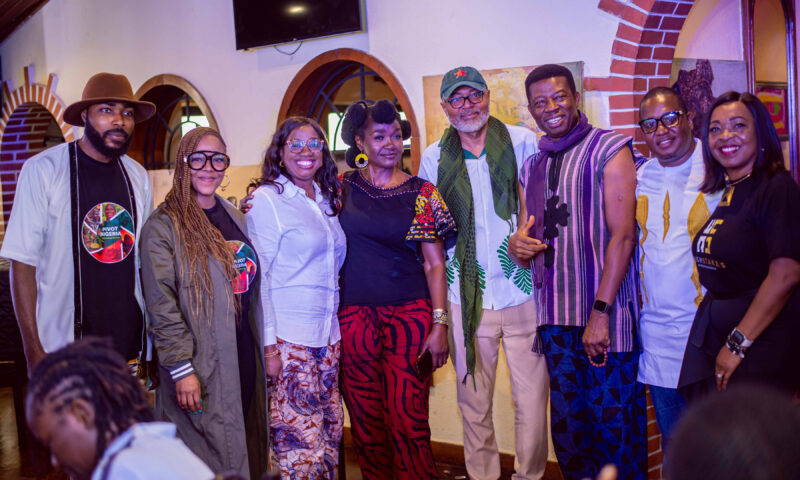
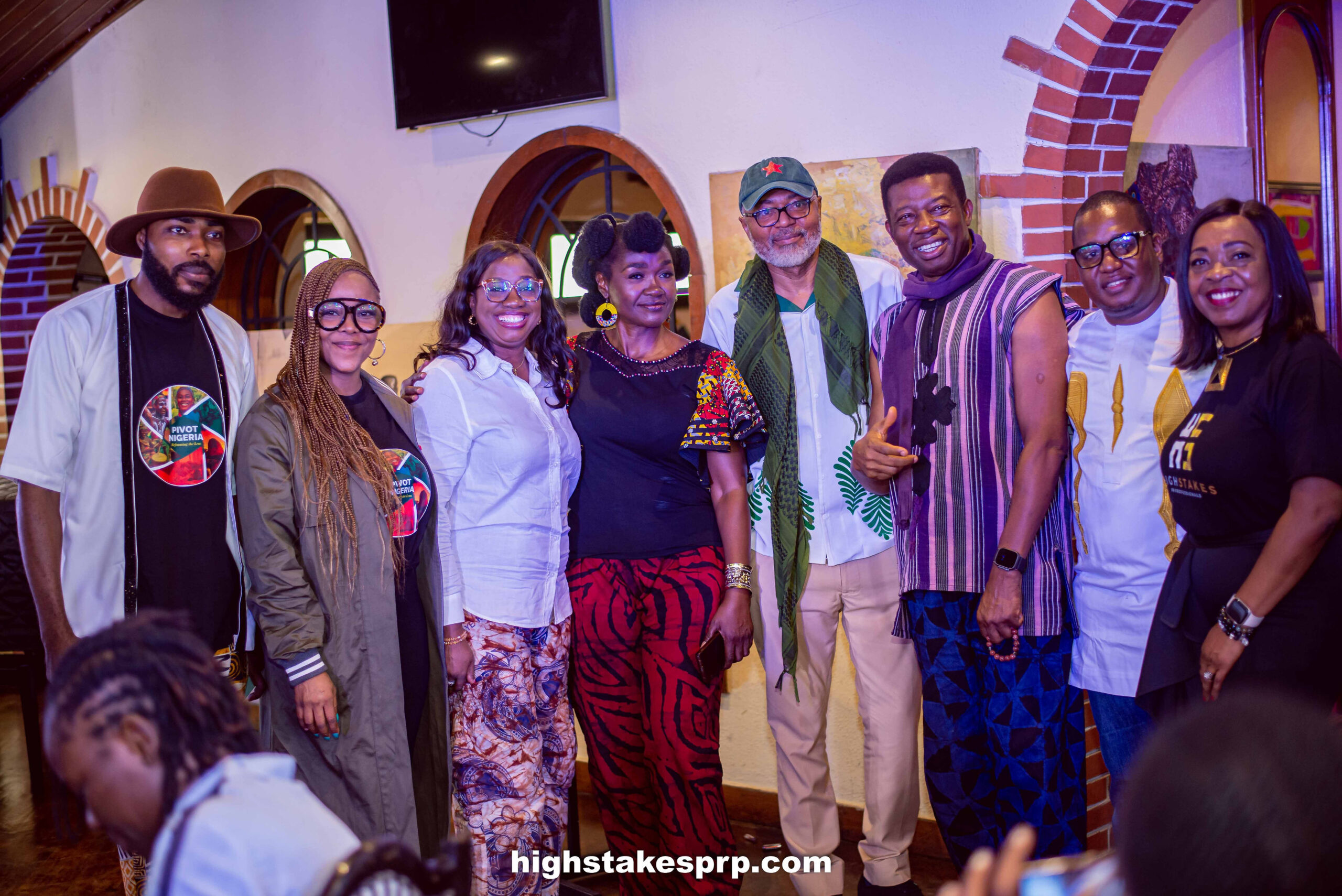
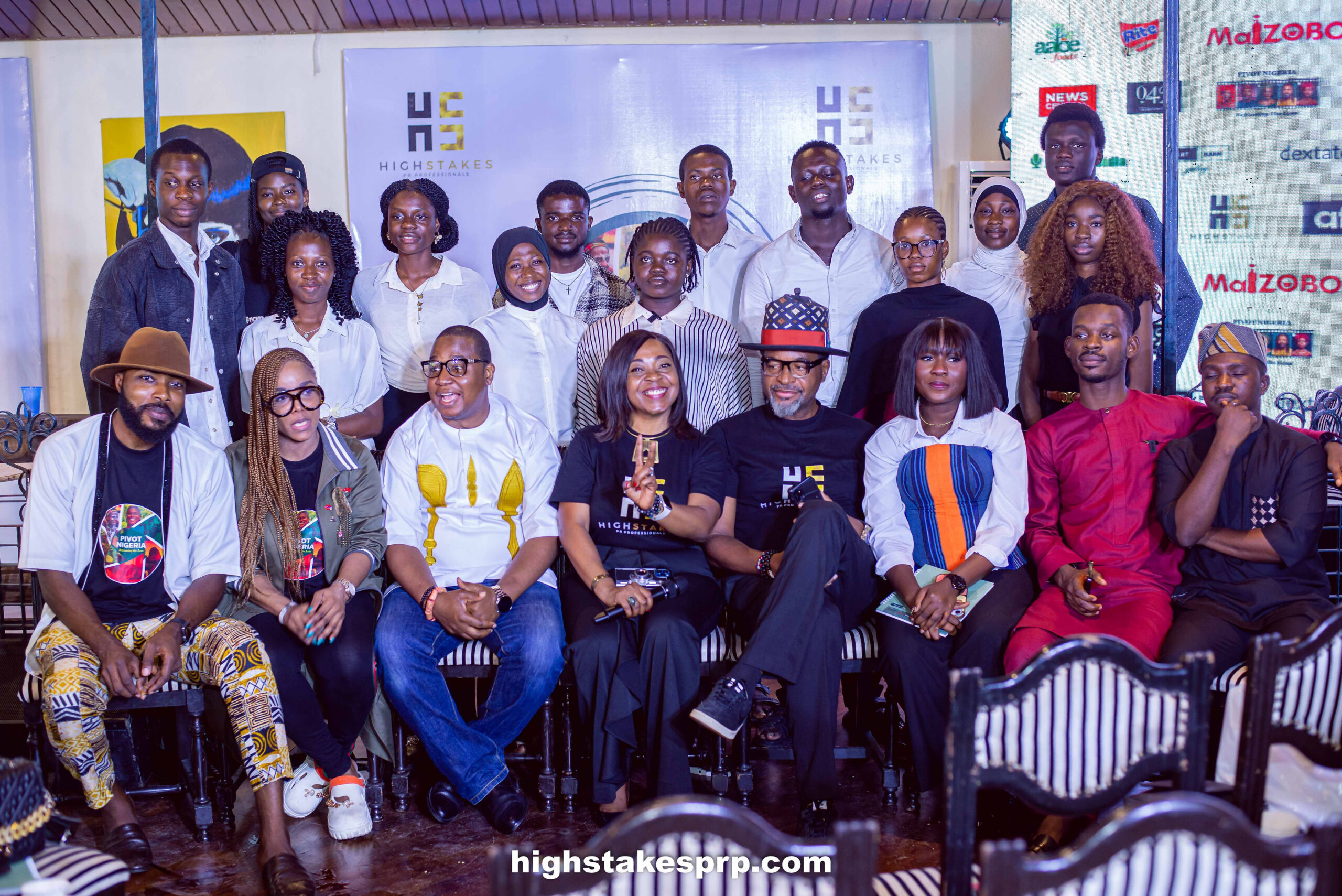
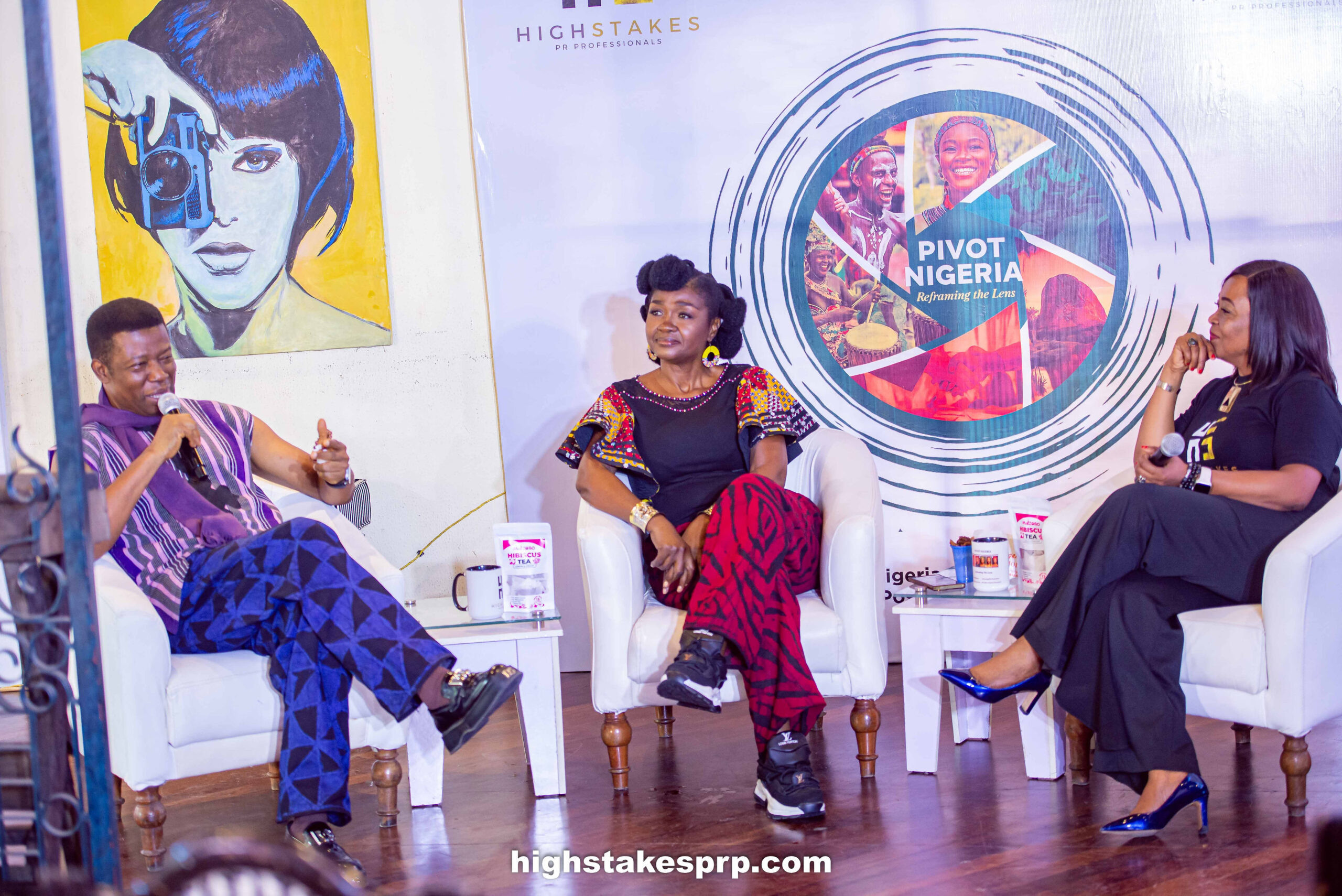 Pivot Nigeria: Reframing the Lens is a national thoughtleadership platform created to reset Nigeria’s reputation agenda.
Pivot Nigeria: Reframing the Lens is a national thoughtleadership platform created to reset Nigeria’s reputation agenda.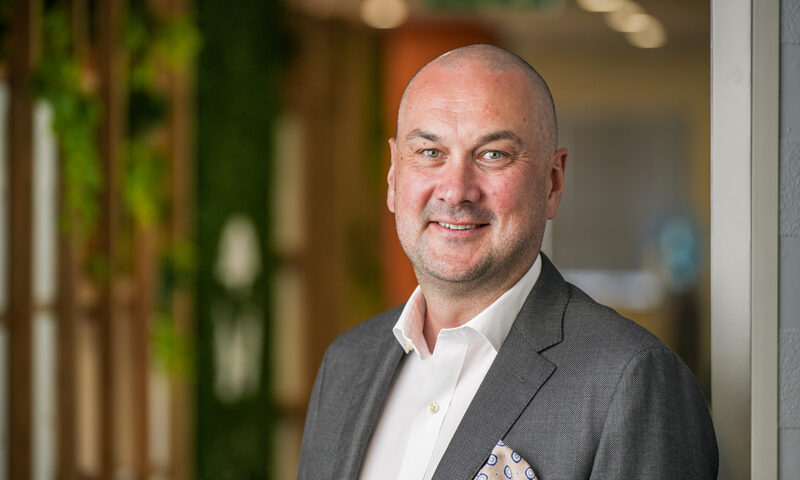
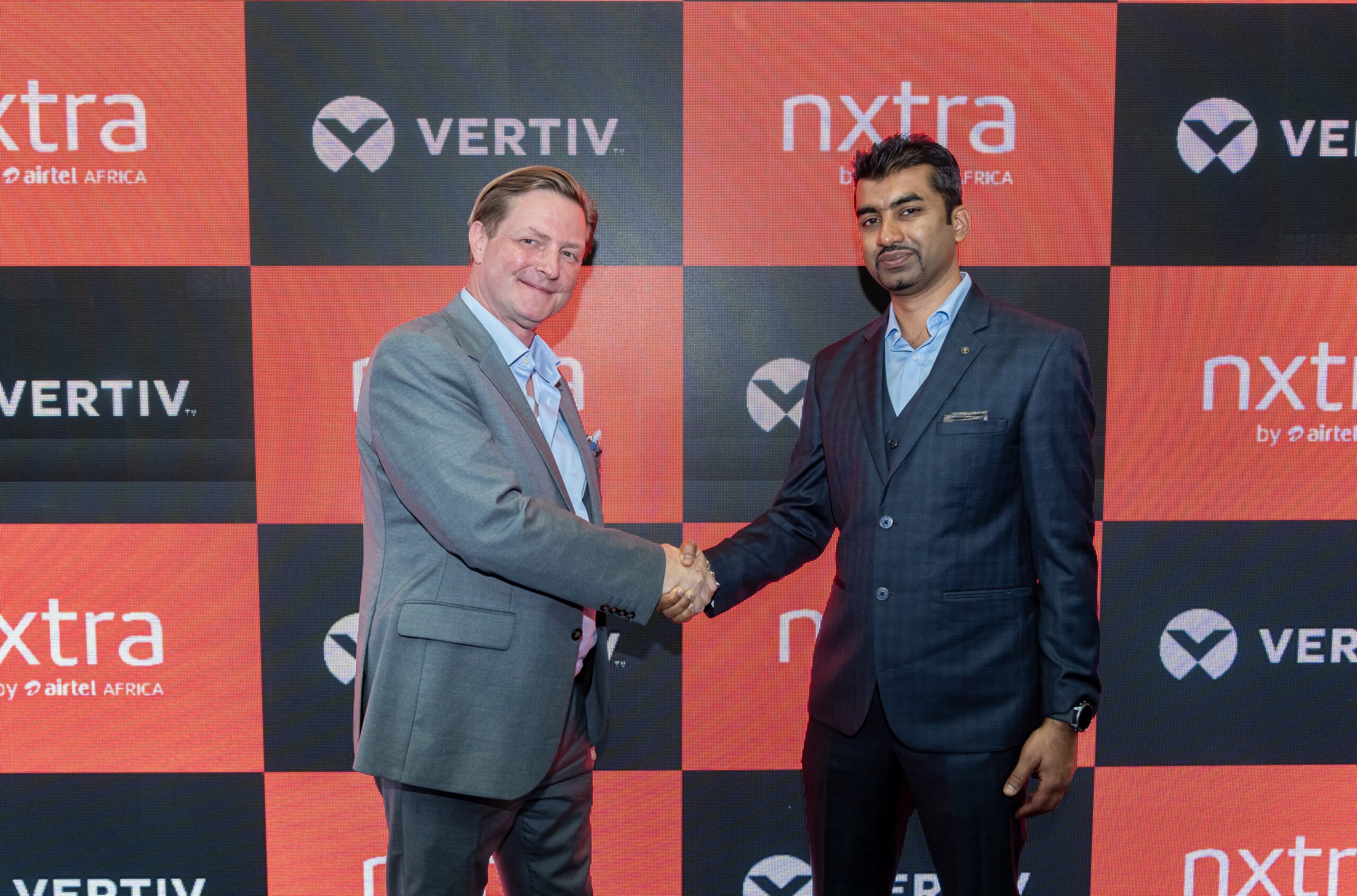
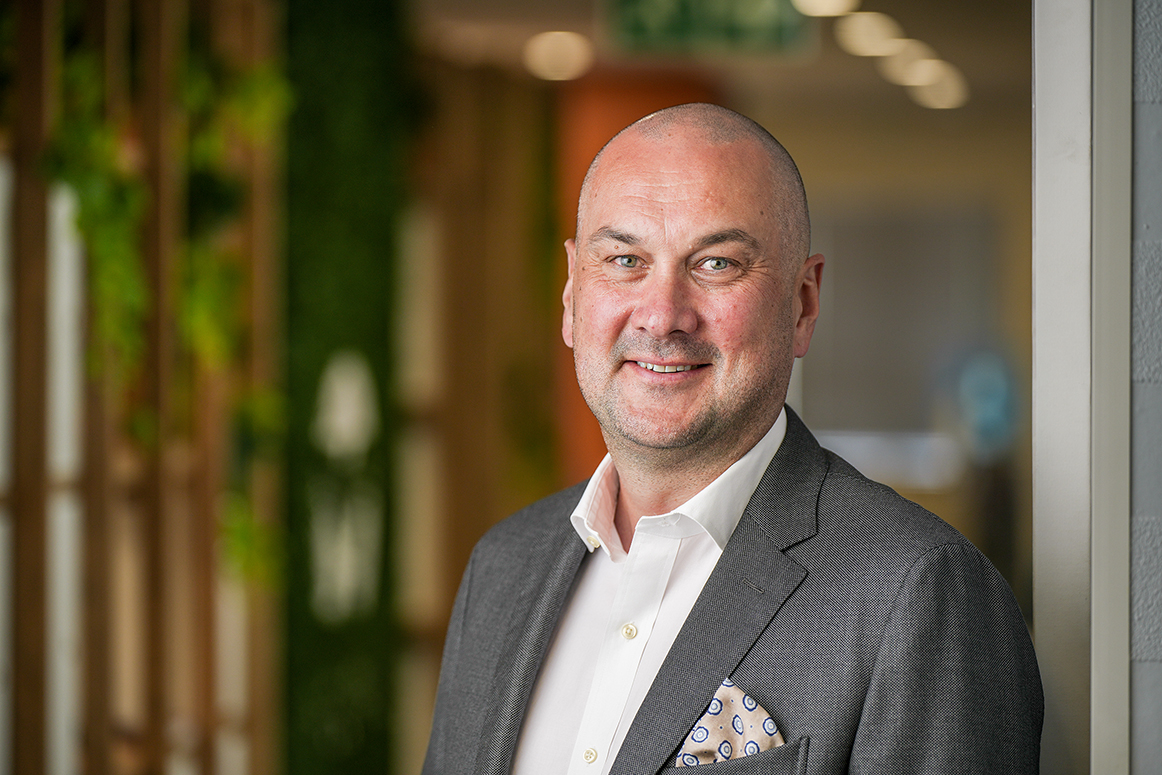

 One in six laboratory-confirmed bacterial infections causing common infections in people worldwide in 2023 were resistant to antibiotic treatments, according to a new World Health Organization (WHO) report launched .
One in six laboratory-confirmed bacterial infections causing common infections in people worldwide in 2023 were resistant to antibiotic treatments, according to a new World Health Organization (WHO) report launched .